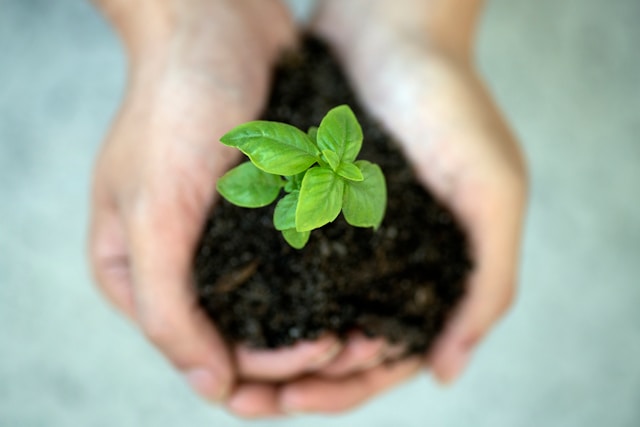Living sustainably doesn’t mean giving up comfort. Small, easy steps in daily life can make a big difference over time.
The secret is to pick habits that fit smoothly into your routine. When changes feel natural, you are more likely to stick with them. True sustainability comes from simple, consistent actions — not overwhelming sacrifices.
Even small shifts can cut waste, save resources, and support eco-friendly living. Once you start with easy steps, momentum builds, and long-term change follows.
Make Small Swaps in Everyday Items
Start by looking at the things you use every day. Swaps like reusable water bottles or cloth shopping bags quickly cut down on single-use waste. Over time, these choices become habits you don’t even think about.
Even tech items can support sustainability. For example, a Galaxy S25 Ultra case made from recycled or biodegradable materials reduces plastic waste while protecting your phone. Choosing durable, eco-friendly accessories proves that even small items can reflect your values.
Rethink Your Food Habits
Food choices are one of the most powerful ways to live greener. Eating less meat, buying local produce, and reducing food waste all lower your carbon footprint.
You don’t need to change everything at once. Start small. Try meal planning to cut impulse buys and prevent waste. Use leftovers in creative ways. Freeze extra vegetables or save scraps to make broth. These little steps keep food fresh longer and make your meals more resourceful.
Make Energy Use More Efficient
Cutting energy use helps both the planet and your budget. Simple steps, like turning off lights when you leave a room or unplugging devices when not in use, make a big difference over time. These habits take little effort but save a lot of energy.
Upgrading appliances and bulbs also supports green living. Energy Star-rated products use less power and lower emissions. Even small upgrades, like a programmable thermostat, save energy without changing your routine.
Water use matters too. Shorter showers, fixing leaks, and using low-flow fixtures help save this precious resource. Once these steps become daily habits, they are easy to maintain.
Reduce, Reuse, and Repair
Sustainability isn’t only about what you buy — it’s also about how you care for what you own. Fixing broken items, reusing materials, and buying secondhand cut down on waste.
Small habits, like sewing on a button or patching clothes, extend the life of everyday items. Repairing and reusing not only saves money but also reduces landfill waste.
Make Sustainability Social and Fun
Sharing eco-friendly habits with friends or family makes them easier to keep. Hosting swap parties, sharing green recipes, or joining community cleanups turns sustainability into a social activity. When it’s fun, it’s easier to stick with.
Even small group challenges—like going one day a week without meat or cutting back on single-use plastics—become more motivating when done together. Social support builds accountability, and seeing others succeed encourages you to keep going.
Sustainability as a Lifestyle
The best green habits are the ones that blend smoothly into daily life. When actions are simple and repeatable, they become natural. Consistency matters more than perfection, and small steps often last the longest.
Sustainable living means making choices that feel practical and reflect your values. Over time, these little changes shape how you use resources, connect with your environment, and support your community.
The goal is to create habits that are easy, meaningful, and lasting. That way, sustainability isn’t just something you try—it becomes part of who you are.




